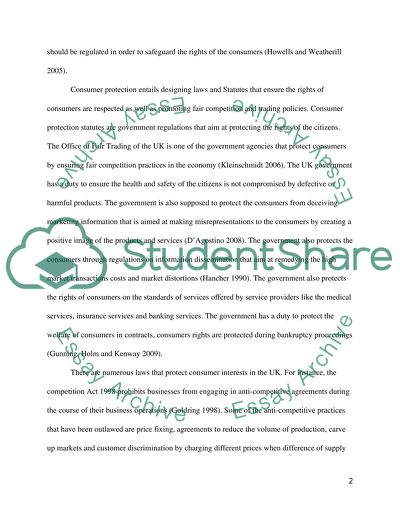Cite this document
(“Consumer Protection Essay Example | Topics and Well Written Essays - 1500 words”, n.d.)
Retrieved from https://studentshare.org/law/1446847-consumer-protection-refer-to-details-of-the
Retrieved from https://studentshare.org/law/1446847-consumer-protection-refer-to-details-of-the
(Consumer Protection Essay Example | Topics and Well Written Essays - 1500 Words)
https://studentshare.org/law/1446847-consumer-protection-refer-to-details-of-the.
https://studentshare.org/law/1446847-consumer-protection-refer-to-details-of-the.
“Consumer Protection Essay Example | Topics and Well Written Essays - 1500 Words”, n.d. https://studentshare.org/law/1446847-consumer-protection-refer-to-details-of-the.


